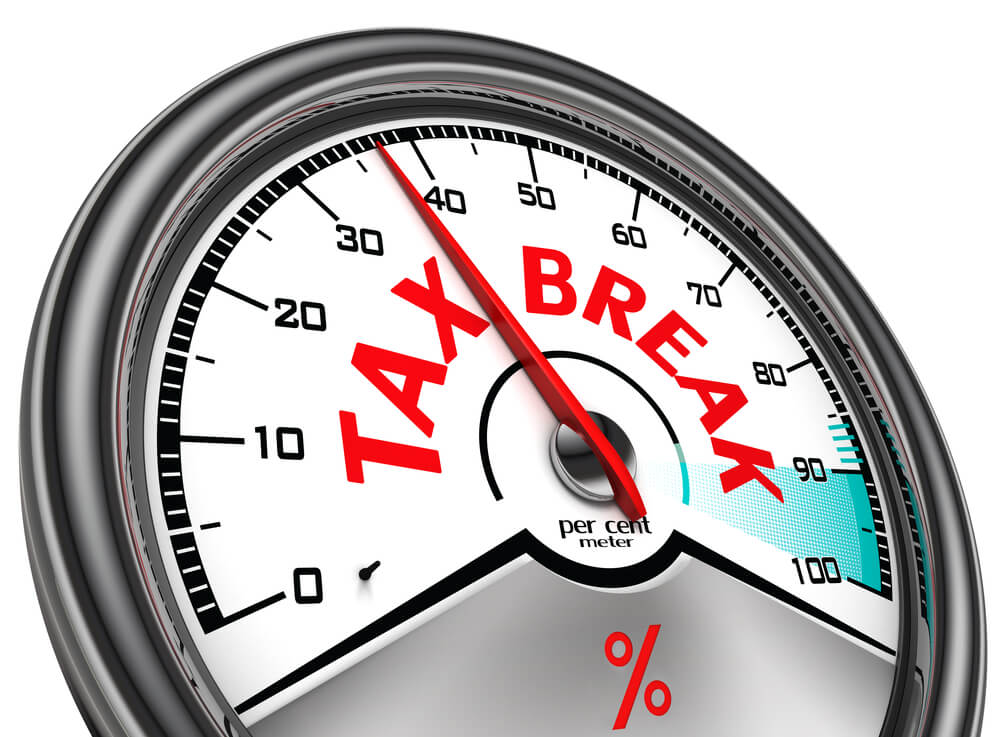A lot of Americans are celebrating their $1,200 stimulus payments and while the wealthiest don’t qualify, a tax loophole in the coronavirus legislation is creating a bigger bonus worth up to $1.7 million.
Who could’ve predicted that the massive $2.3 trillion Coronavirus Aid, Relief, and Economic Security (CARES) Act, would have some provision buried deep inside that benefits America’s wealthy? That’s just the case as 43,000 taxpayers who earn at least $1 million per year are eligible for an average tax windfall of $1.7 million thanks to some crafty language in the bill.
The provision within the massive bill stalls a limitation that was created as part of 2017’s tax overhaul in the Tax Cuts and Jobs Act, which has created a rich stimulus check of sorts.
“(The provision) temporarily suspends a limitation on how much owners of businesses formed as ‘pass-through’ entities can deduct against their non-business income, such as capital gains, to reduce their tax liability,” a Washington Post article breaking the news reads.
Senator Sheldon Whitehouse, D-R.I., and House Rep. Lloyd Doggett, D-Texas, requested the Joint Commission on Taxation report that showed it would cost over $90 billion in 2020 alone to suspend the limitation on “pass throughs.”
“For those earning $1 million annually, a tax break buried in the recent coronavirus relief legislation is so generous that its total cost is more than total new funding for all hospitals in America and more than the total provided to all state and local governments,” Doggett said.
The benefits of this tax break are heavily skewed toward the wealthy, according to JCT breakdown shown below.
“82 percent of the benefits of the policy go to about 43,000 taxpayers who earn more than $1 million annually,” the JCT wrote in its analysis.
Forbes did the math on that $90 billion cost, and found that on average those 43,000 beneficiaries would receive a tax windfall around $1.7 million.
Of course, some earning just above that $1 million mark would not see quite that large of a tax break, but those making substantially more than $1 million would most likely rake in a lot more.
The CARES Act set out to aid many Americans who are struggling to make ends meet during the COVID-19 pandemic, but the wealthiest may come out the true winners if this tax loophole sticks.
Is This Really a Stimulus Check for the Rich?
Certified Public Accountant Nate VandenBerg broke down the new rule a bit more, and this tax loophole may actually be more of a benefit to businesses or individuals who are struggling, even if they are considered “rich” by some standards.
The rule change actually allows businesses to offset 2020 losses by preventing said losses from becoming “trapped.” Before this change under the CARES Act, losses could only be carried forward to offset future profits, but they couldn’t be carried back.
Now those losses can be used to reduce profits earned up to five years earlier, so someone can file with the IRS to get back taxes paid in the past to offset current losses.
Here’s an example from VandenBerg:
Old Rule
2020 Loss: $1,000,000
Loss is carried forward and used in 2021 and future use to reduce profits. They don’t get any money right now.
New Rule
2020 Loss: $1,000,000
2019 Profits (Before carryback): $1,500,000
2019 Profits (After carryback): $500,000
Taxes Refunded: $250,000 (very approximate number using a 25% rate)
“I think this is a great addition to the CARES Act,” VandenBerg said. “It allows certain businesses and individuals the opportunity to get their cash back much sooner than if they had to use the losses in future years.”
Editor’s note: After seeing both sides of this “loophole,” in your own opinion, is it a good thing or a bad thing, and is it fair? Share your thoughts below.
